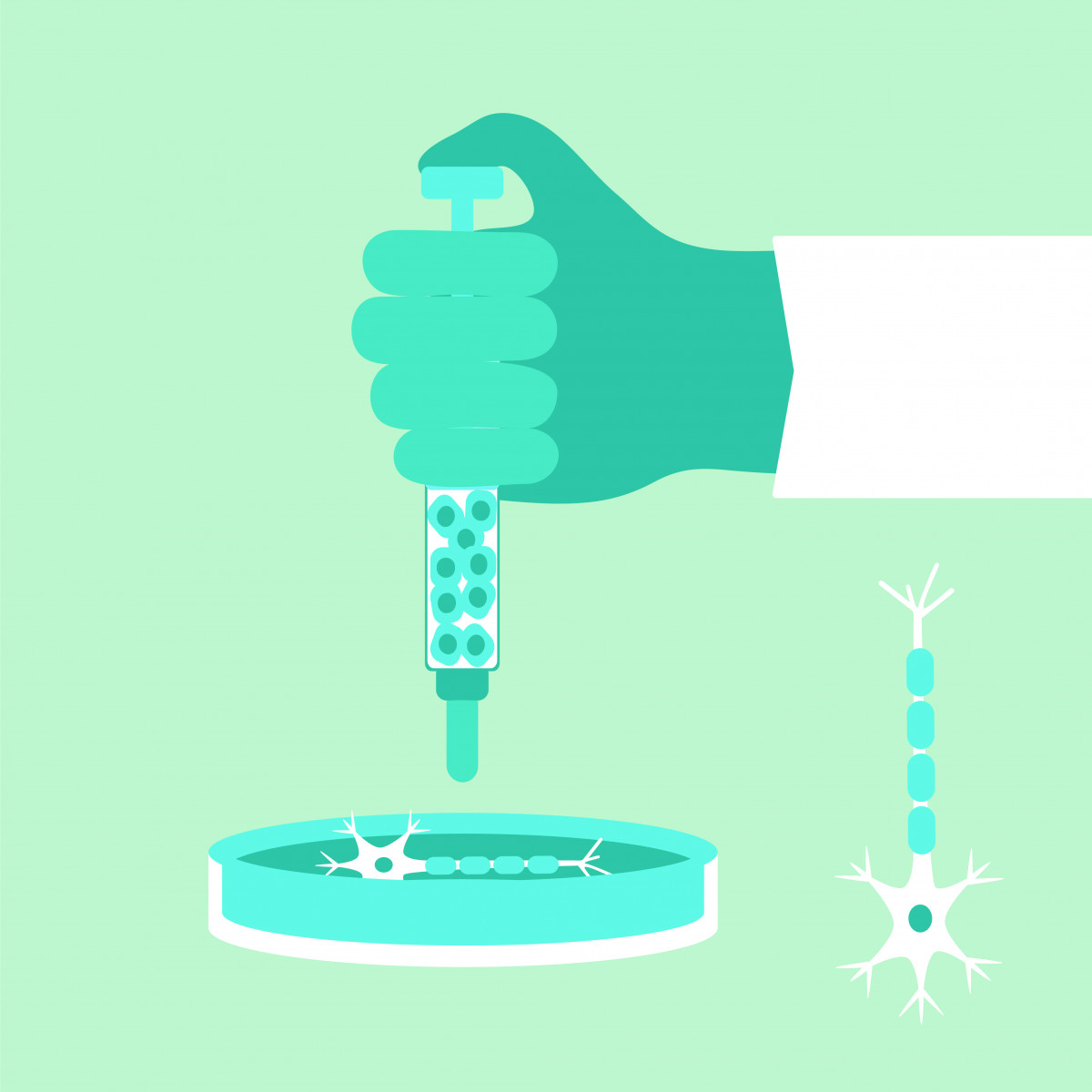Arizona State University to Grow Human Neurons in Search of New Therapies for Neurodegenerative Diseases
Written by |

Arizona State University will soon launch a new biomanufacturing platform to grow human neurons in vitro to develop and test new therapies for neurodegenerative diseases, including amyotrophic lateral sclerosis, Alzheimer’s disease, and Parkinson’s disease.
The effort includes the development of several types of neurons on a large scale to test the effectiveness of small therapeutic molecules.
The $5 million project is financed by the U.S. Department of Defense’s Advanced Regenerative Manufacturing Institute and is a collaboration between the laboratory of David Brafman, assistant professor of engineering at Arizona State University (ASU), Biogen, one of the world’s largest pharmaceutical companies, and Trailhead Biosystems, an Ohio-based biotechnology company. ASU will receive $1.4 million.
“There is much excitement about the potential of human pluripotent stem cells to treat numerous devastating diseases. While the public is more familiar with the tissue and organ replacement aspects of pluripotent stem cell research, these cells also have tremendous utility in developing pharmacological interventions to combat these diseases,” Brafman said in a press release.
“As such, the focus of this project will be to develop the biomanufacturing processes needed to engineer the various neural cell types needed for drug screening,” he added.
“ASU’s growing leadership in this field, combined with the strengths of our partners Biogen, Inc., and Trailhead Biosystems, will bring innovative solutions to the fore impacting the future of treatments for neurodegenerative diseases,” said Sethuraman Panchanathan, executive vice president of Knowledge Enterprise Development and chief research and innovative officer at ASU.
One of the strategies researchers may use to develop the different neuronal lines for future research is generating human induced pluripotent stem cell lines from peripheral blood mononuclear cells.
As part of his research in Alzheimer’s disease, Brafman already has used blood cells from Alzheimer’s patients and reprogrammed them back into an embryonic-like pluripotent state. These cells can then be transformed into virtually every cell in the body and constitute an unlimited source of any type of human cell needed for therapeutic purposes.





